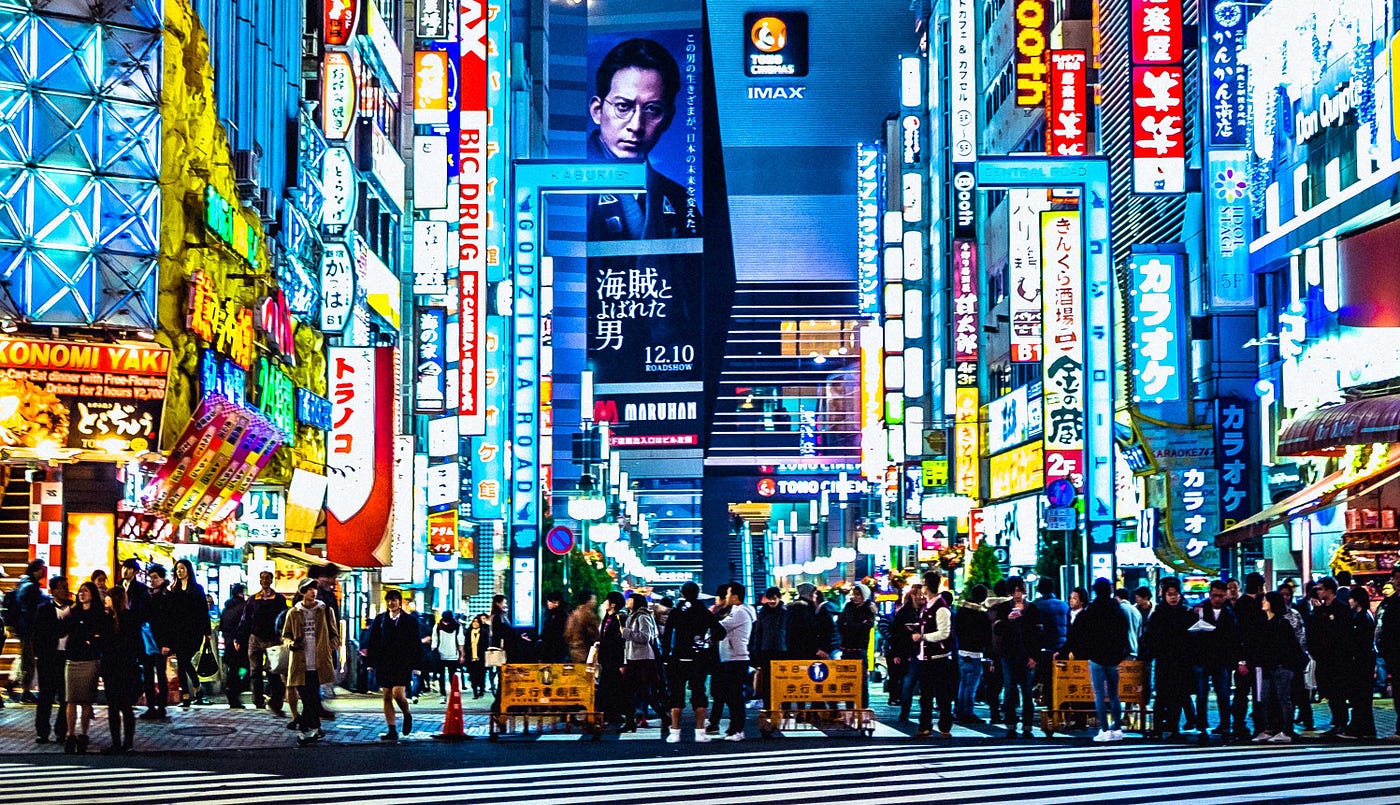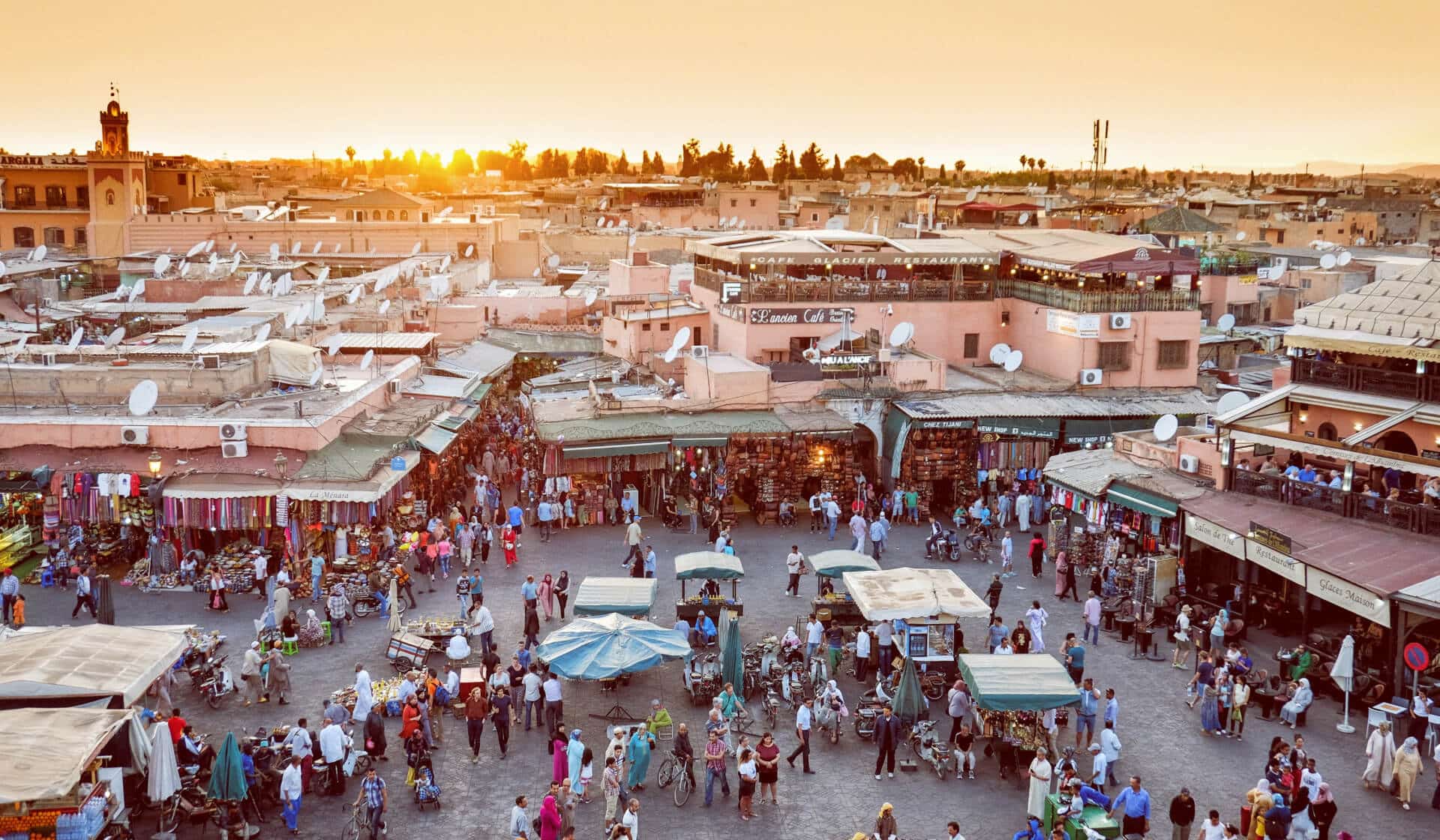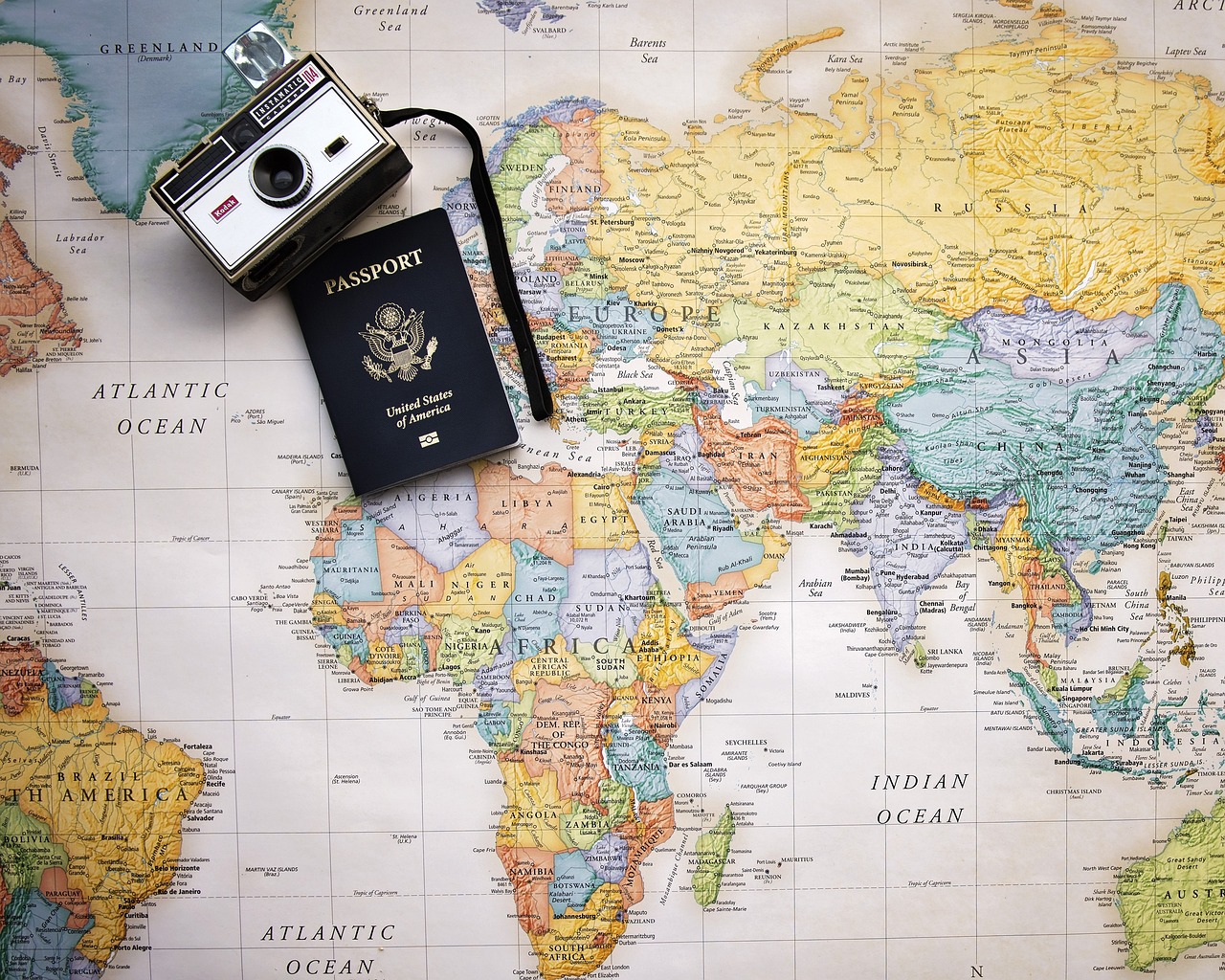In a world filled with diverse cultures and breathtaking landscapes, travel has become more than just a leisure activity; it’s a transformative experience that broadens our horizons and enriches our lives. From the bustling streets of Tokyo to the serene beaches of Bali, each destination offers a unique tapestry of sights, sounds, and flavors waiting to be explored.

But amidst the excitement of planning our next adventure, we often overlook one crucial aspect of travel: language. Language serves as the key that unlocks the true essence of a destination, allowing us to connect with locals on a deeper level and fully immerse ourselves in the local culture. Whether ordering a traditional dish at a street food market or striking up a conversation with a shopkeeper, speaking the local language opens doors to authentic experiences that guidebooks can’t capture.
In our globalized world, understanding the most spoken languages in the world is essential for enriching travel experiences and fostering meaningful connections with people from diverse backgrounds.
The importance of learning languages for travel cannot be overstated. Not only does it enhance our ability to navigate unfamiliar environments, but it also fosters a greater sense of respect and understanding for the communities we encounter. Imagine the joy of conversing with villagers in rural Italy or bargaining with vendors in a bustling Moroccan souk—all made possible by the power of language.

To truly appreciate the beauty of travel, we must embrace language learning as an integral part of the journey. Fortunately, in today’s digital age, access to language resources has never been easier. Whether through language learning apps, online courses, or immersive language programs, there are countless opportunities to enhance our linguistic skills and prepare for meaningful interactions abroad.

For those eager to embark on a language-learning journey, understanding the most spoken languages in the world is a crucial first step. By prioritizing the languages most relevant to our travel experiences, we can tailor our language learning efforts and maximize our communication abilities abroad.
As we embark on our travels, let us not forget the profound impact that language can have on our experiences. By taking the time to learn the local language, we not only enrich our own adventures but also contribute to a more interconnected and empathetic world.
In conclusion, travel is not just about ticking off bucket list destinations; it’s about forging connections, embracing diversity, and expanding our worldview. By learning languages and engaging with local communities, we unlock the true beauty of travel—one conversation at a time.
Whether exploring the bustling streets of a cosmopolitan city or immersing oneself in the tranquility of a remote village, linguistic proficiency opens doors to authentic cultural exchanges and memorable encounters.



